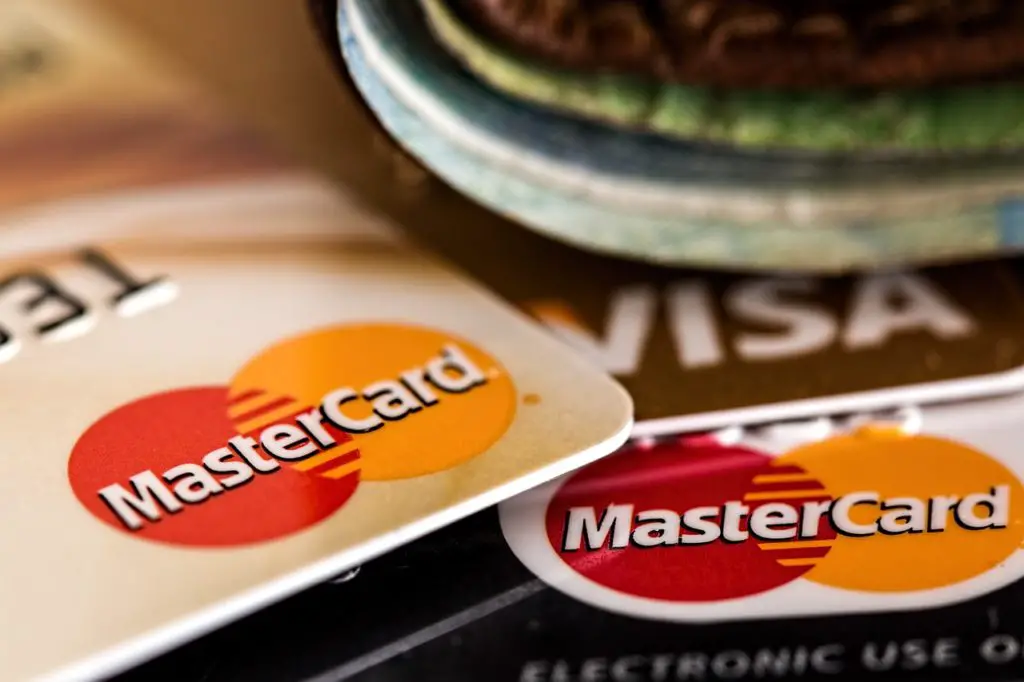Last Updated on 06/18/2017 by GS Staff
[otw_shortcode_dropcap label=”Q:” size=”large” border_color_class=”otw-no-border-color”][/otw_shortcode_dropcap] Is there a grace period for credit card payments?
[otw_shortcode_dropcap label=”A:” size=”large” border_color_class=”otw-no-border-color”][/otw_shortcode_dropcap] A credit card grace period is the time that you have to pay a balance in full before any finance charges are issued. Per the Credit CARD Act of 2009, you are given a minimum of a 21 day grace period to pay a new bill if the credit card company offers a grace period. Your credit card bill must be delivered or mailed to you no later than 21 days before the due date of the payment.
If you do not pay off the entire balance by the allowed grace period, you will be charged interest. You must pay at least the minimum required payment on the credit card statement by the end of the grace period to avoid a late fee.
Here is a look at the grace periods for a sampling of popular credit cards:
| Credit Card | Grace Period (purchase transactions) |
|---|---|
| American Express Blue Cash Everyday | At least 25 days |
| BankAmericard Cash Rewards | At least 25 days |
| Barclaycard CashForward | At least 23 days |
| Capital One Quicksilver Rewards | At least 25 days |
| Chase Sapphire | At least 21 days |
| Citi Double Cash Mastercard | At least 23 days |
| Discover it® | At least 25 days |
When The Grace Period Doesn’t Apply
A grace period is not mandatory to be offered by creditors. However, credit card companies commonly offer it for purchase transaction.
When it comes to other types of credit card transactions, a grace period is usually not offered. For example, if you obtain a cash advance, the interest routinely beings when the transaction occurs. You will also typically be issued a transaction fee because of this cash advance.
Additionally, a grace period is commonly not provided for balance transfers. The interest is charged the day of the transaction. If you are seeking to transfer a balance, it may be beneficial to apply for a 0% introductory balance transfer credit card. You will not pay interest for several months with these type of cards. However, a fee likely will be issued such as 3% of the balance that was transferred.
Lastly, you need to pay off your credit card balance monthly in order avoid paying interest. When you make a payment of less than the entire balance, you will be charged interest on this balance in addition to any additional charges in a given month. The grace period does not apply if you carry a balance from month-to-month.
Reading The Fine Print
It is vital to read the terms of a credit card before applying so that you fully understand the fees, interest, and other pertinent information like the grace period. It is beneficial to find a credit card with a longer grace (i.e. 25 days) so that you have ample time to pay off your entire balance to avoid paying interest.
